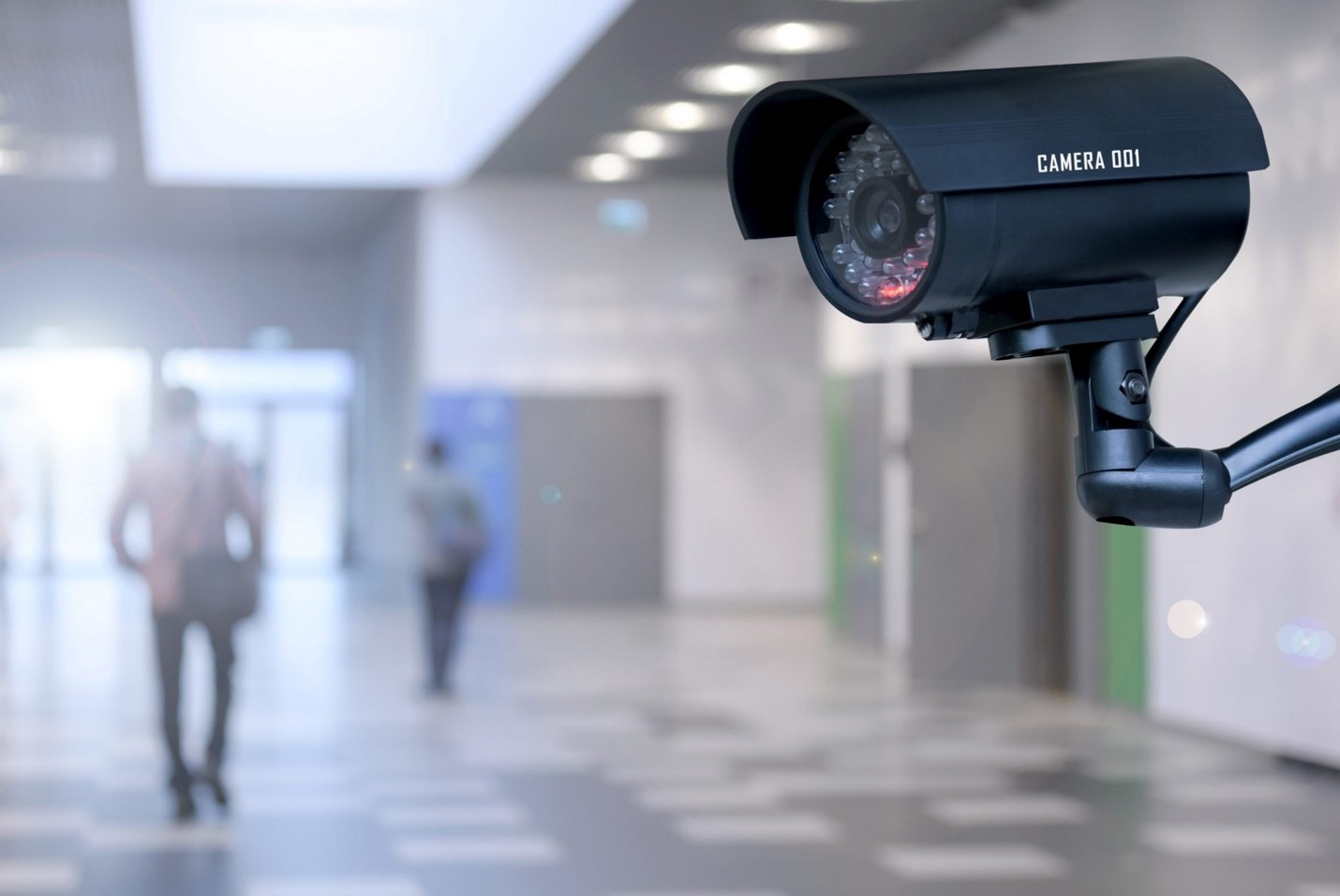Many people in the UK use CCTV cameras as homeowners and entrepreneurs for security and monitoring purposes for CCTV installation Manchester. However, laws govern the use of such cameras; on the one hand, people’s rights to privacy are catered to, as they are given the right to protect their property.
What Are the UK’s CCTV Data Protection Laws?
Cameras in the UK are constrained by the utilization of Information Assurance Act 2018 and the Overall Information Security Guideline (GDPR). In the event that your CCTV records pictures of individuals on properties outside your confidential region, for example, public regions, these guidelines expect you to manage information as mindfully as could be expected. This means that footage is kept in safe places which are accessible to authorized people.
Do You Have to Inform People of Your CCTV Cameras?
When the use of CCTV covers areas beyond private property, there is much emphasis on transparency. You have to let people know that they are being recorded by having the right signage. The sign has to identify who operates the CCTV and for what purpose monitoring is done. This is by the principle of transparency that GDPR advocates and assists in making people understand how their data is processed.
How Should Homeowners Legally Use CCTV Cameras?
A homeowner should not have an issue with installing CCTV cameras strictly within his or her property limits, for example, where he is monitoring the entrances, gardens, and driveway. However, once it starts capturing data beyond the property boundary, such as filming across in your neighbor’s garden or on a public path, then that will be a matter for data protection. At this point, you may need to reposition the camera or inform your neighbors to ensure it does not cause a privacy problem.
Does It Break Any Specific Business Rules?
The use of CCTV by associations in the UK is profoundly directed. Associations are under commitment to complete an Information Insurance Effect Evaluation prior to introducing CCTV to decide the impact of observing security. Recorded data has to be stored securely, and access is only allowed to staff members authorized to have access. Business premises are obligated to post signs indicating the use of CCTV and contact details.
What Are Privacy Rules Regarding Location of CCTV?
Cameras must be installed in a way that minimal spaces will be able to capture private places or other neighborly properties. The Information Commissioner’s Office advises that the cameras must not record private spaces or neighboring properties. If you adhere to these rules, you will avoid complaints against you and legal issues on privacy.
How Long Can You Keep CCTV Footage?
Such CCTV footage should be kept for such time as is necessary to be retained for security purposes. As indicated by the ICO, best practice involves regularly reviewing and deleting out-of-date CCTV footage. This is usually after 30 days. But, if it forms part of a legal process, as for example, in assisting with an investigation led by the police, the footage can be kept for a period longer than this. However keeping CCTV footage indefinitely may lead to a breach of someone’s right to privacy.
Who will be able to see the CCTV Footage?
The owner of the property or business should limit access to CCTV footage to authorized personnel. Only the owner of the property and authorized members of the household should have access to the footage for personal use. At business premises, such access should be restricted to assigned employees, and footage should only be shared with authorities when required for legal purposes.
How Do You Respond to Requests for CCTV Footage?
Under GDPR, information subjects have a right of admittance to CCTV film on the off chance that they are recognizable inside it. This is known as a Subject Access Solicitation, or SAR. You have 30 days to manage a SAR and you will give the recording as mentioned, however just to the degree that this doesn’t encroach different freedoms.
What are the Rules on Sharing CCTV Footage with Third Parties?
CCTV footage would be shared with third parties, such as law enforcement, for legitimate purposes. However, other reasons for sharing footage, like sharing on social media are not related and might thus violate the rights of privacy. These must, therefore always be assessed based on necessity and upheld in accordance with the GDPR on data sharing.
Is CCTV Footage Admissible in Court?
Yes, footage from CCTV is admissible as evidence in court if its quality and standard are defined. The recorded data must be as clear as possible, relevant, and lawfully obtained. Such data would be refused by courts if they are contravening privacy rules or unreliable. When such data is kept safe and made accessible only to people with the right to view, it becomes admissible in court when needed.
What is the outcome if it does not meet the requirements?
Failure to comply with CCTV laws in the UK may attract fines and other enforcing measures from the ICO. For businesses, a breach of GDPR may attract large financial penalties. Homeowners can attract complaints about privacy which might call for camera repositioning or removal if guidelines are breached.

